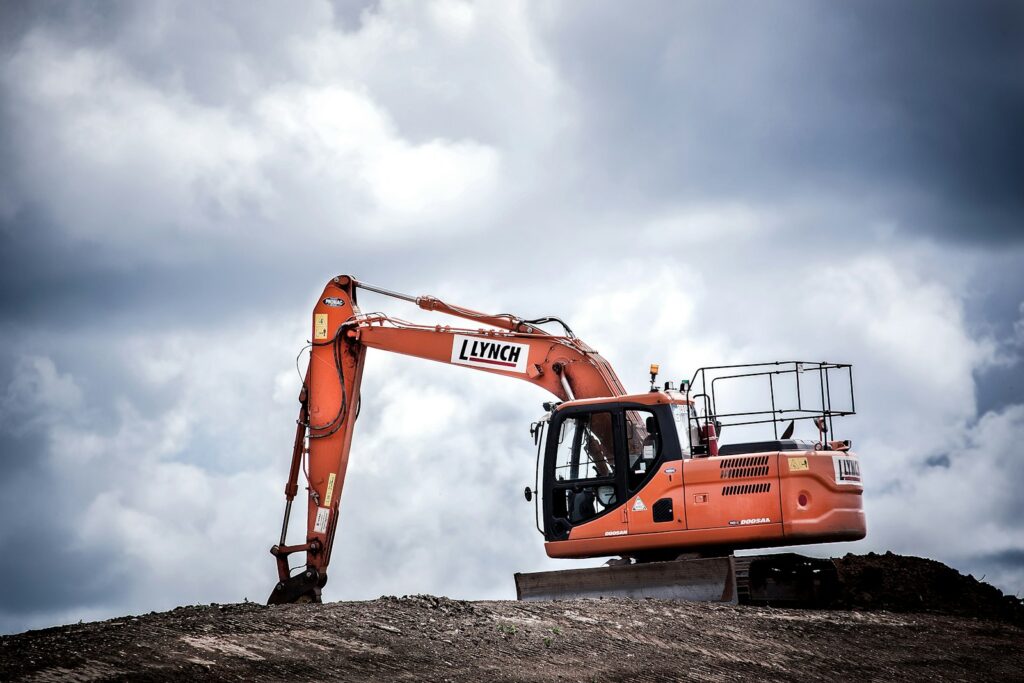Heavy equipment parts require maintenance to certify their sturdiness, overall performance, and safety. Regular and proper maintenance also prevents unexpected breakdowns, reduces downtime, and ultimately saves fees. This guide outlines the vital steps and practices for keeping heavy equipment elements efficiently, covering inspection exercises, cleansing methods, lubrication, and storage techniques.
Some Tricks To Maintain Heavy Equipment Parts:
Below are some of the best tricks you should practice to maintain your heavy equipment parts.
- Daily Inspections
Conduct daily inspections to identify capacity problems earlier than they boost into the most important issues. Check for seen symptoms of wear and tear, inclusive of cracks, rust, or leaks. Be sure every moving element is functioning smoothly and concentrate on any uncommon noises that might imply underlying problems.
- Weekly and Monthly Inspections
In addition to daily tests, timetable more thorough inspections on a weekly and monthly foundation. These inspections must include checking fluid ranges (oil, coolant, hydraulic fluids), tire strain, and the situation of belts and hoses. Look for symptoms of immoderate wear or misalignment and address any problems right away to prevent similar harm.
- Regular Cleaning
Keeping gadgets easy is critical for their proper functioning. Dirt, debris, and contaminants can cause vast damage to machinery if now not often removed. Use suitable cleaning sellers and methods for distinct elements. For instance, use compressed air to smooth radiators and electrical additives, while strain washing is suitable for huge surfaces like tracks and chassis.
- Deep Cleaning
Perform deep cleaning at ordinary durations, relying on the equipment’s utilization and operating surroundings. This entails dismantling sure parts for a more thorough easy, putting off buildup which could cause corrosion or mechanical failure. Ensure all cleaned components are absolutely dry earlier than reassembly to prevent rust and other moisture-related issues.
- Proper Storage Conditions
When the heavy equipment is not in use, storing it in suitable conditions is important. Protect machinery from harsh weather conditions that may accelerate wear and rust. Store the device in a dry, included region to save you publicity to moisture and extreme temperatures.
- Long-Term Storage
For lengthy-term storage, take additional steps to hold device elements. Drain fluids which include gas and oil to prevent contamination and degradation. Disconnect batteries to avoid electric troubles. Cover machinery with tarps or other protective coverings to defend it from dirt and particles.
- Scheduled Maintenance
Implement a preventive protection program that includes scheduled servicing based on producer tips and usage patterns. This proactive approach helps stumble on and address problems early, decreasing the risk of surprising failures.
- Training and Documentation
Ensure that each operator and upkeep personnel are correctly skilled in proper upkeep procedures. Maintain distinct facts of all inspections, renovation activities, and element replacements. This documentation allows music to the device’s condition and history, facilitating better decision-making and upkeep planning.
The Growing Importance of Drones in the Energy Industry(Opens in a new browser tab)
Conclusion
Proper protection of heavy equipment parts is crucial for ensuring the performance, protection, and sturdiness of machinery. By following regular inspection tips you can substantially reduce downtime and repair prices. Investing time and resources in maintenance in the long run results in advanced overall performance and a longer lifespan for your heavy machines.
